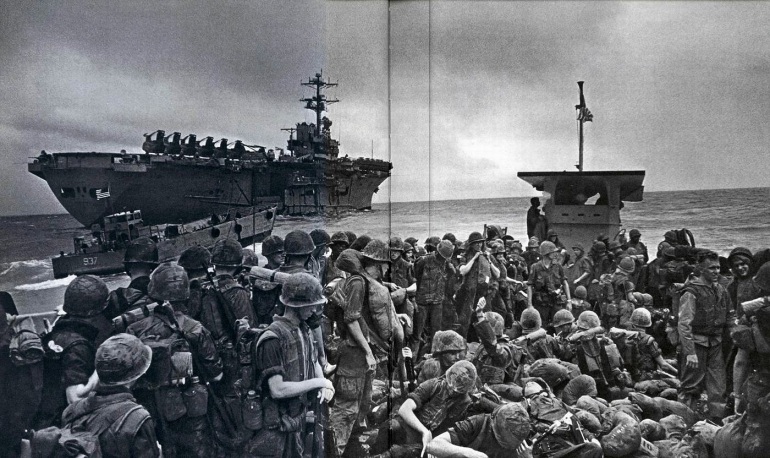THE YIPPIES
The founders of the Yippies were Jerry Rubin, Abbie Hoffman, Paul Krassner, and Dick Gregory. The Yippies were know as "revolutionary clowns" due to the fact that they used public pranks in order to bring attention to their problems. They were formed because they desired for radical change in the American political machinery. In 1968, the Yippies agreed to hold a convention called the "Festival of Life". The leader of the Yippies met up with other leader from counterculture groups in order to make their cause well known. The convention took place at a park outside of the Democratic National Convention in Chicago.
The Yippies believed that street violence was the way to go; it would bring more awareness to the community. The Democratic National Convention of 1968 was considered a protest activity that was planned by the Yippies. The purpose of the activities that they took part in was to send a message to the Americans; they wanted to show them that they had no control over the political process.They wrote articles and made speeches in order to make the announcement that they were going to present themselves in Chicago. The people against the Yippies threatened them; they said that they were going to the National Guard and dump LSD in the water. However, that did not stop the Yippies from proceeding.
The Yippies were also a part of the National Mobilization Committee to End the War in Vietnam. This organization included groups that were against the idea of the participation of Americans in the Vietnam War. In comparison to the Yippies, this organization believed in civil disobedience; therefore, they were both for the same cause. The MOBE invited other groups, such as the Yippies, in order to put an end to the involvement of the Americans. Their method of attempting to end the Vietnam War was to protest; their goal was to have a massive amount of people to look powerful and stand outside the International Amphitheatre.
The Gulf of Tonkin Resolution
The Gulf of Tonkin Resolution (August 7, 1964) gave broad congressional approval for expansion of the Vietnam War. During the spring of 1964, military planners had developed a detailed design for major attacks on the North, but at that time President Lyndon B. Johnson and his advisers feared that the public would not support an expansion of the war. By summer, however, rebel forces had established control over nearly half of South Vietnam, and Senator Barry Goldwater, the Republican nominee for president, was criticizing the Johnson administration for not pursuing the war more aggressively.
On August 2, shortly after a clandestine raid on the North Vietnamese coast by South Vietnamese gunboats, the U.S. destroyer Maddox (conducting electronic espionage nearby) was fired on by North Vietnamese torpedo boats. Two days later, in the same area, the Maddox and another destroyer reported that they were again under attack. Although these reports now appear to have been mistaken, Johnson proceeded quickly to authorize retaliatory air strikes against North Vietnam. The next day he gathered congressional leaders and, without divulging the circumstances that might have helped provoke the torpedo attack, accused the North Vietnamese of “open aggression on the high seas.” He then submitted to the Senate a resolution that authorized him to take “all necessary measures to repel any armed attack against the forces of the United States and to prevent further aggression.” The resolution was quickly approved by Congress; only Senators Wayne Morse of Oregon and Ernest Gruening of Alaska voted against it. Later, when more information about the Tonkin incident became available, many concluded that Johnson and his advisers had misled Congress into supporting the expansion of the war.
Six years later, amid mounting criticism of President Richard M. Nixon’s Cambodian incursion, the resolution was terminated (December 31, 1970). But in fact, the war had been sustained by Congress’s continued military appropriations, not by the Tonkin Resolution. Nevertheless, Johnson had frequently cited the resolution as evidence of congressional support, and to critics of the war it had become a symbol of the escalation they opposed.


No comments:
Post a Comment